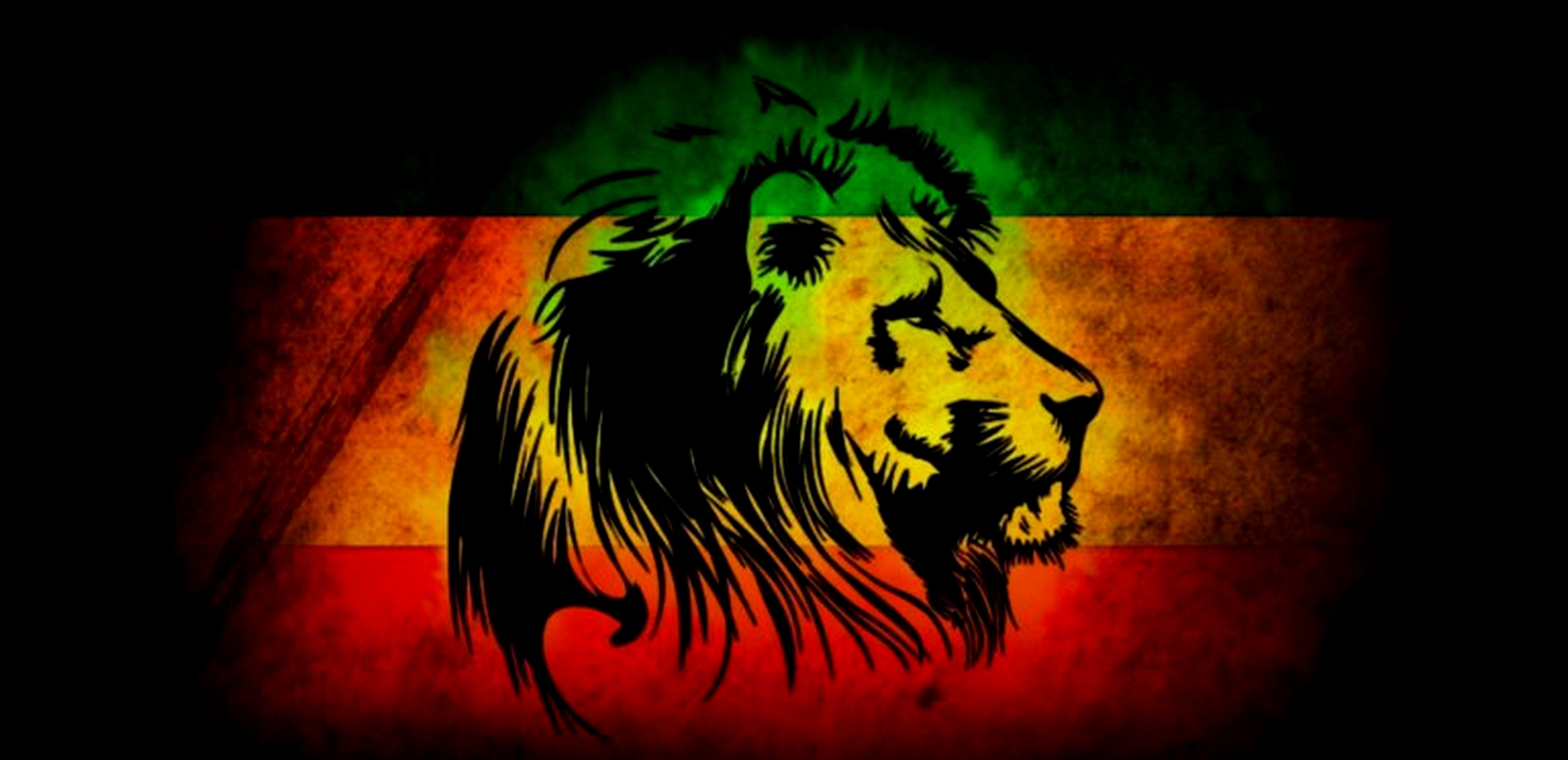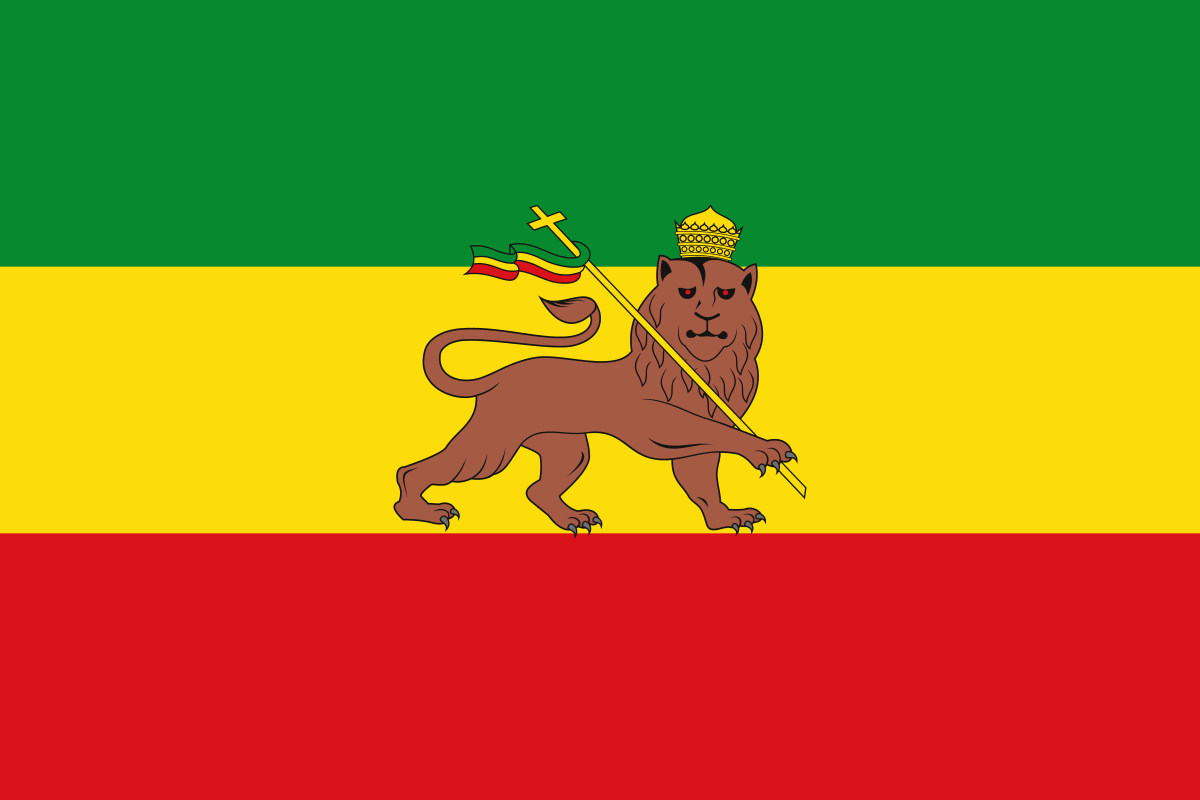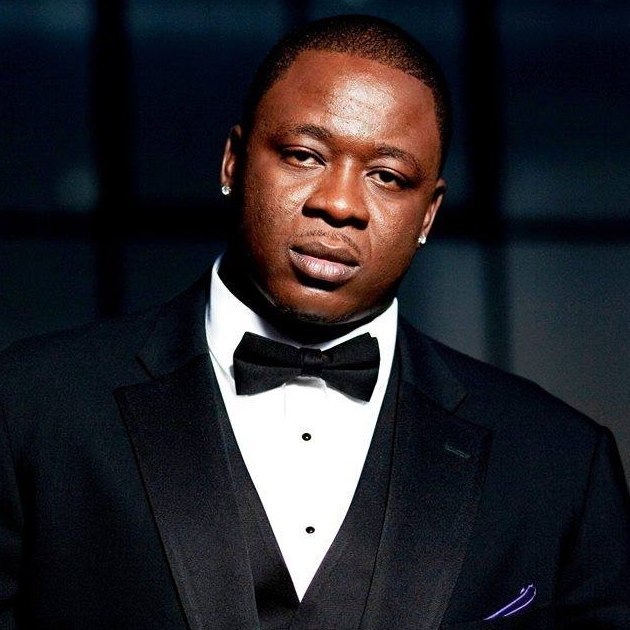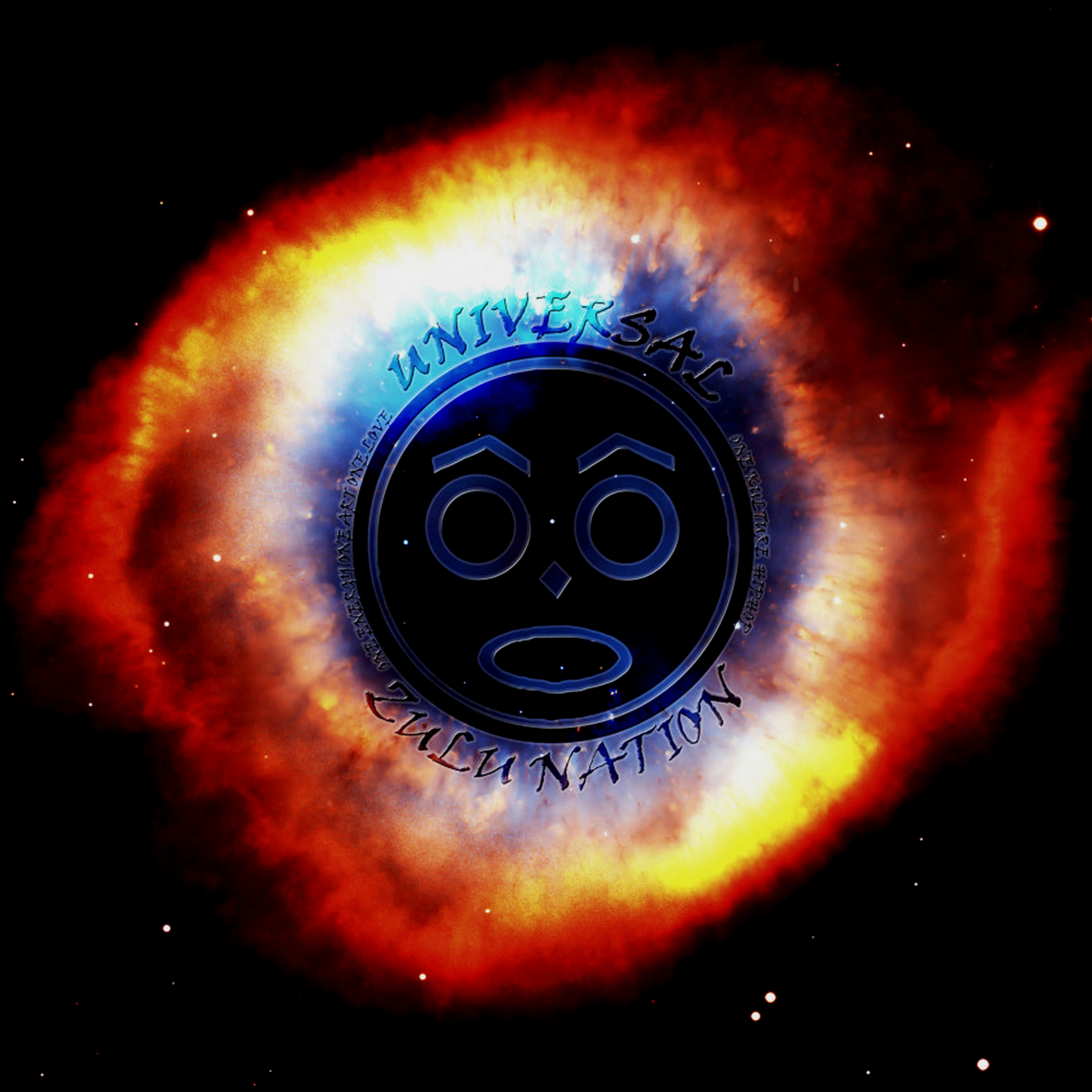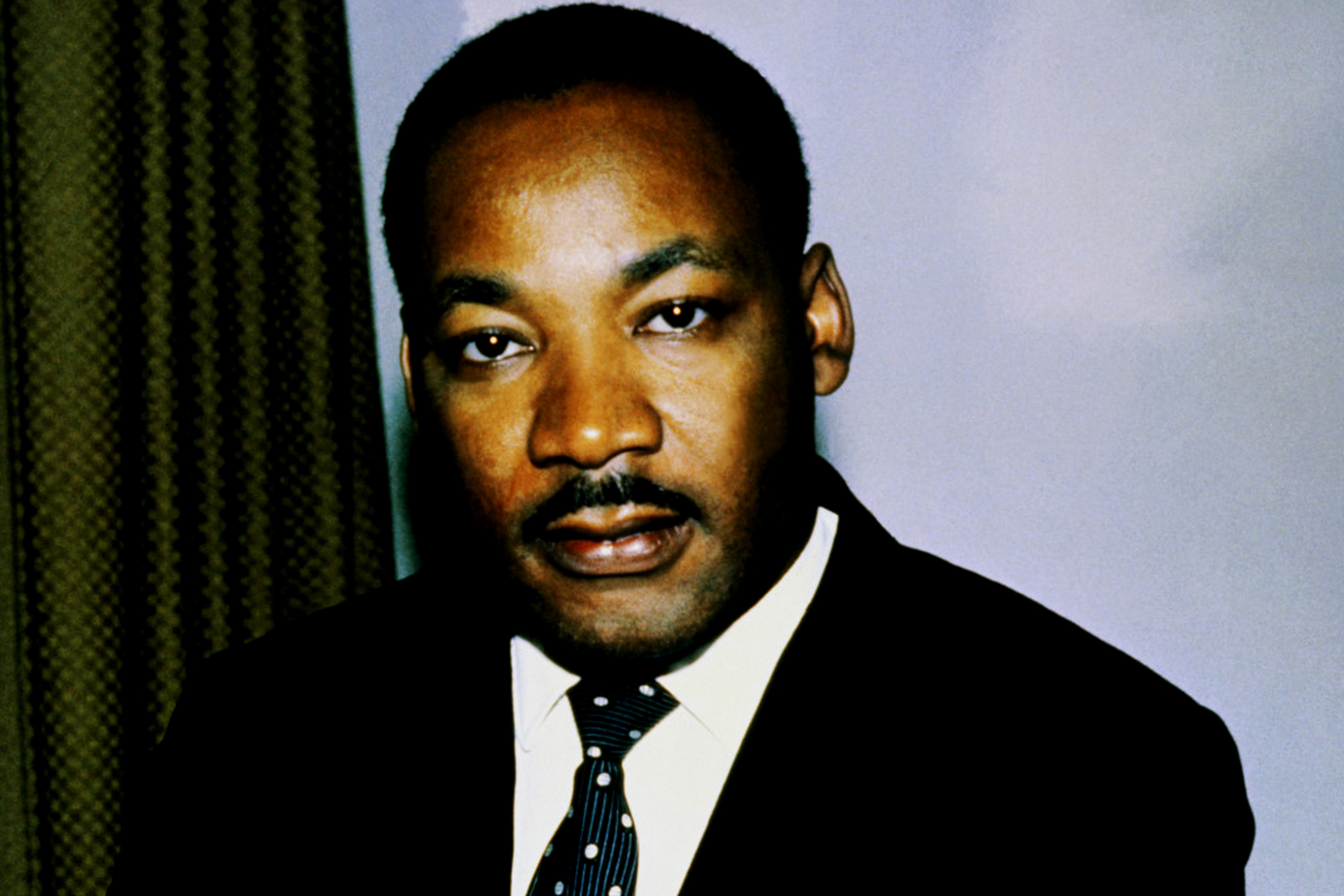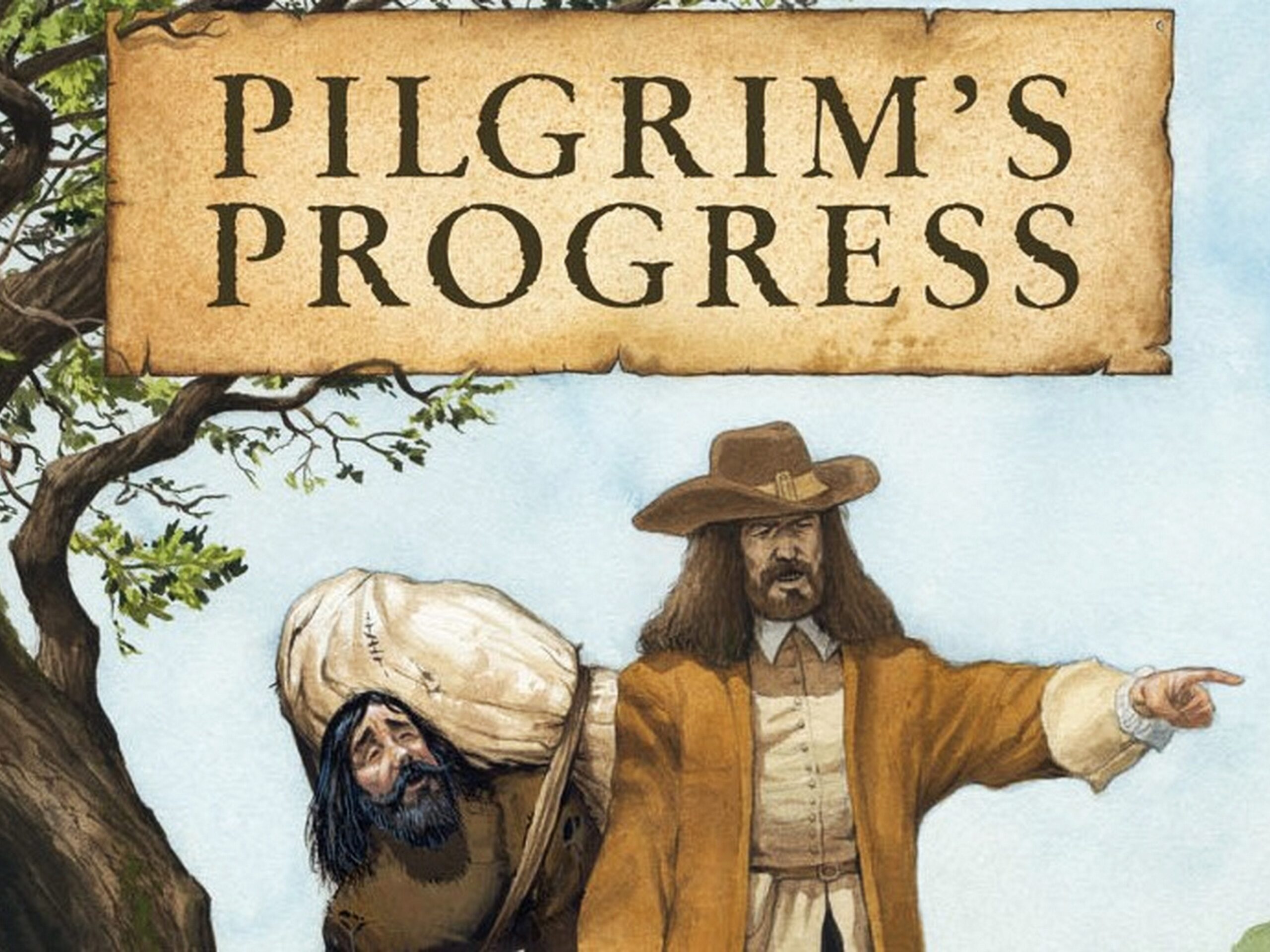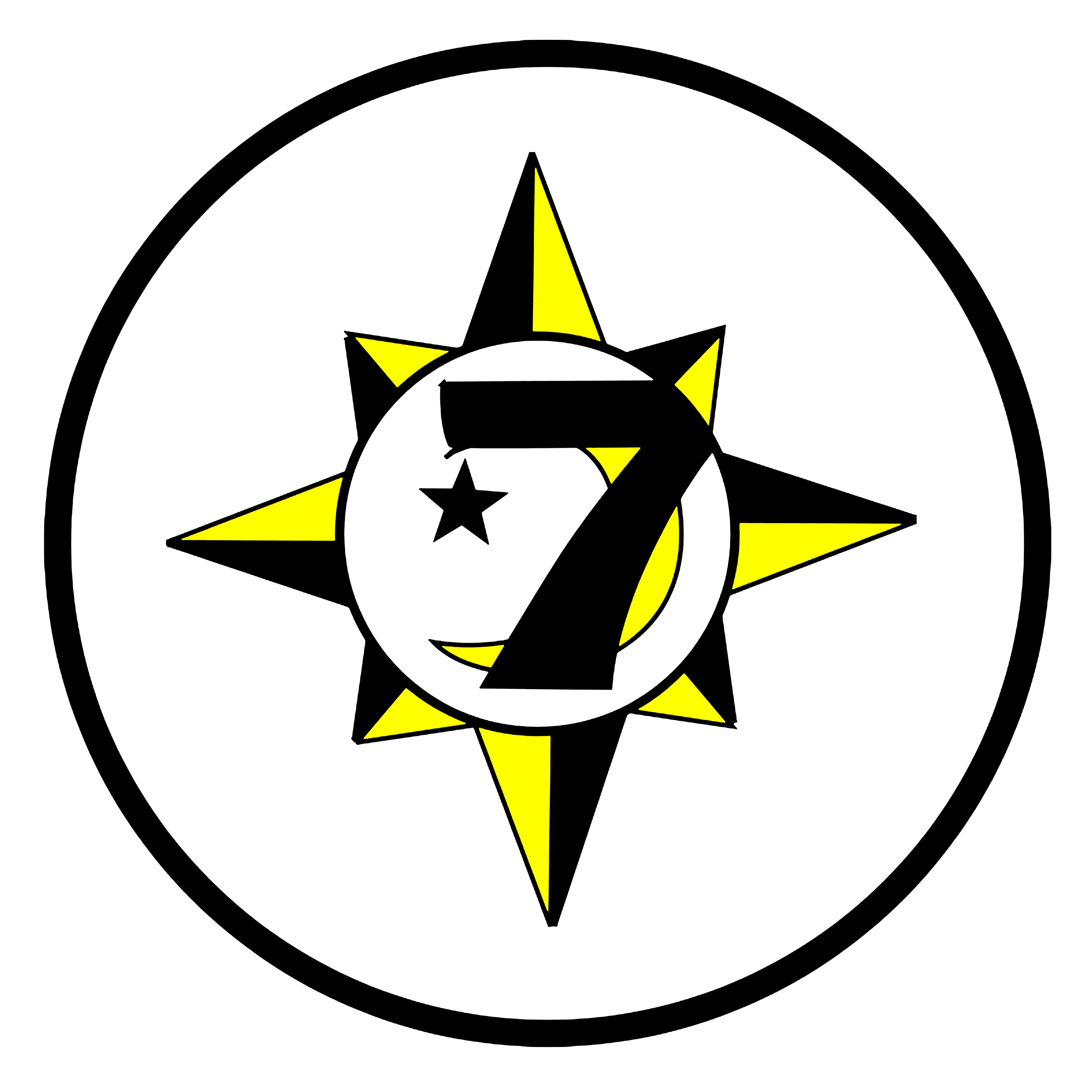Not long ago, our ancestors’ most pressing objective was abolishing slavery and the slave trade. During the Transatlantic Slave Trade, our people fought tirelessly for our freedom. They received help from many liberal whites and Aborigines. Hard work paid off when the British passed a law to abolish the slave trade. EnsOnce the abolitionists reached this milestone (in the West), they turned their attention to slavery. Lavers could buy and sell already enslaved people but could not force free people into slavery. But when the courts abolished slavery, Blacks faced new problems—racism, discrimination, prejudice, and segregation.
The 18th-century community activist was a respected leader in the black community. He later founded Prince Hall Lodge. Prominent Blacks like Prince Hall were highly educated. According to legend, he achieved a monumental goal when he won the “educational rights” for black children as it was illegal for them to attend school. He also played a vital role in the “Back to Africa movement.” It was apparent then that due to racism, prejudice, discrimination, and segregation, Blacks could only dream of living a better quality of life in the United States.
A fairly large number of educated Blacks and construction experts, mainly from the Caribbean islands (Jamaica), Boston and Philadelphia (in the United States) set out to establish a state in Africa. The new state of Liberia.
Jah Rastafari
Those who remained in America built their communities within the country. They bought large estates (counties), established black-owned businesses, schools, hospitals, markets, and loan systems, and even had a force to protect against invaders. The KKK often assaulted those communities, murdered the leaders, and burned homes and businesses. They instilled insecurity among the people. As if that were not enough, local judges passed laws to annex these black-owned communities calling them to state property. The courts also imposed heavy taxes and fines on property owners. This ploy ultimately dismantled those communities.
By the 1930s, Blacks had had enough. Our people were fed up with racial discrimination, deprivation of their human rights, imprisonment of and assassinating black leaders, and police brutality, to name a few. The Christians still saw Blacks as Gentiles. A Rastafari movement evolved to unify Africa and repatriate all Blacks back there. To do that, they had to establish an Africa equal to or stronger than the West as a hub for black liberation.*
